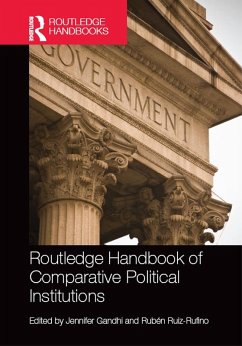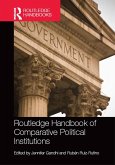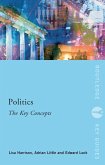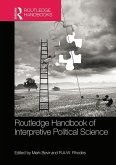- The first section, consisting of six chapters, is organized around broad theoretical and empirical challenges affecting the study of institutions. It highlights the major issues that emerge among scholars defining, measuring, and analyzing institutions.
- The second section includes fifteen chapters, each of which handles a different substantive institution of importance in comparative politics. This section covers traditional topics, such as electoral rules and federalism, as well as less conventional but equally important areas, including authoritarian institutions, labor market institutions, and the military. Each chapter not only provides a summary of our current state of knowledge on the topic, but also advances claims that emphasise the research frontier on the topic and that should encourage greater investigation.
- The final section, encompassing seven chapters, examines the relationship between institutions and a variety of important outcomes, such as political violence, economic performance, and voting behavior. The idea is to consider what features of the political, sociological, and economic world we understand better because of the scholarly attention to institutions.
Featuring contributions from leading researchers in the field from the US, UK, Europe and elsewhere, this Handbook will be of great interest to all students and scholars of political institutions, political behaviour and comparative politics.
Jennifer Gandhi is Associate Professor, Department of Political Science, Emory University.
Rubén Ruiz-Rufino is Lecturer in International Politics, Department of Political Economy, King's College London.
Dieser Download kann aus rechtlichen Gründen nur mit Rechnungsadresse in A, B, BG, CY, CZ, D, DK, EW, E, FIN, F, GR, HR, H, IRL, I, LT, L, LR, M, NL, PL, P, R, S, SLO, SK ausgeliefert werden.









